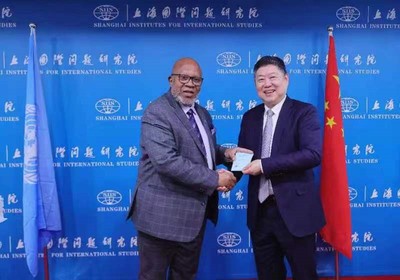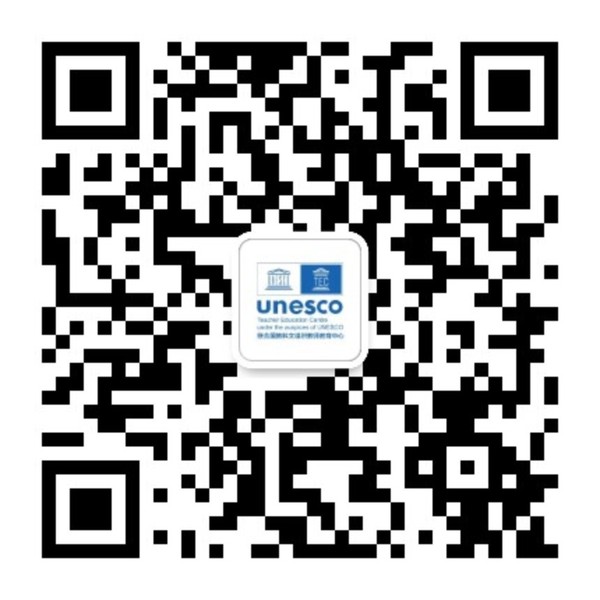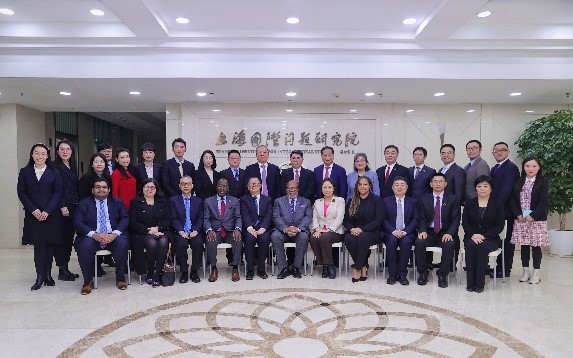
January 28-31, Ambassador Dennis Francis, President of the 78th Session of the United Nations General Assembly, led a delegation to visit China at the invitation of the Chinese government. On the afternoon of January 28, the Shanghai Institutes for International Studies (SIIS) hosted a roundtable seminar themed Shared Visions of the UN and China: Peace, Prosperity, Progress, Sustainability. The seminar was chaired by Professor Li Kaisheng, Vice President of SIIS. Professor Yang Jiemian, Chairman of the Academic Advisory Committee of SIIS; Ambassador Xu Bu, Member of the UN Secretary-General’s High-Level Advisory Board; Professor Xu Mingqi, Vice Chairman of the Shanghai International Economic Exchange Center; Professor Chen Shiyi, Counselor to the Shanghai Municipal Government; Counselor Yan Jiarong from the Department of International Organizations and Conferences of the Ministry of Foreign Affairs; Ms. Ye Liang, Deputy Director of the Shanghai Municipal Foreign Affairs Office; Professor Zhang Minxuan; and colleagues from SIIS were invited to participate in the discussion. President Francis delivered a keynote speech and responded to comments, while Mr. Yang Jiemian made a concluding remarks.
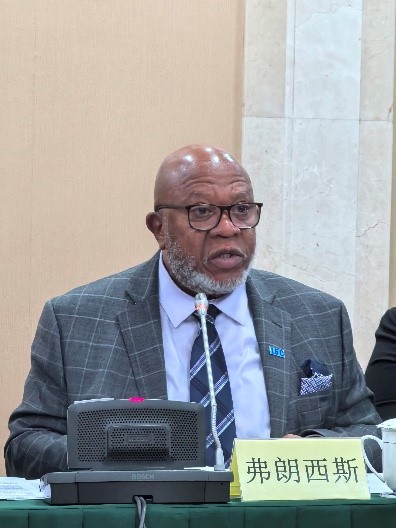
During the discussion, Professor Zhang Minxuan was invited to deliver a speech entitled Education: A Bulwark for Human Peace and Foundation for Sustainable Development. He reviewed the history of UNESCO’s establishment based on the consensus that Since wars begin in the minds of men, it is in the minds of men and women that the defences of peace must be constructed. He emphasized the significance of education for personal growth and development, national prosperity and progress, lasting human peace, and harmony between humanity and nature. To this end, scholars proposed the establishment of the UNESCO Teacher Education Centre, a proposal approved by the 39th Session of the UNESCO General Conference. Over the years, with the generous support of the Chinese and Shanghai governments, the Centre has adhered to the concept of Education as a common good and actively carried out activities in four areas: knowledge production, capacity building, information sharing, and technical support, making fruitful contributions to the development of international teacher education.
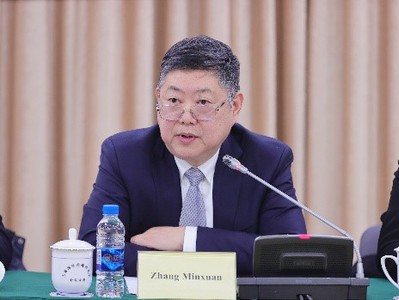
Finally, Professor Zhang also shared good news with the participants: the Chinese government is willing to fully support STEM education globally, especially in developing countries, and has applied to establish the International Institute for STEM Education (IISTEM), a Category 1 Institute of UNESCO, in Shanghai. This application was approved at the 42nd Session of the UNESCO General Conference in November 2023.
